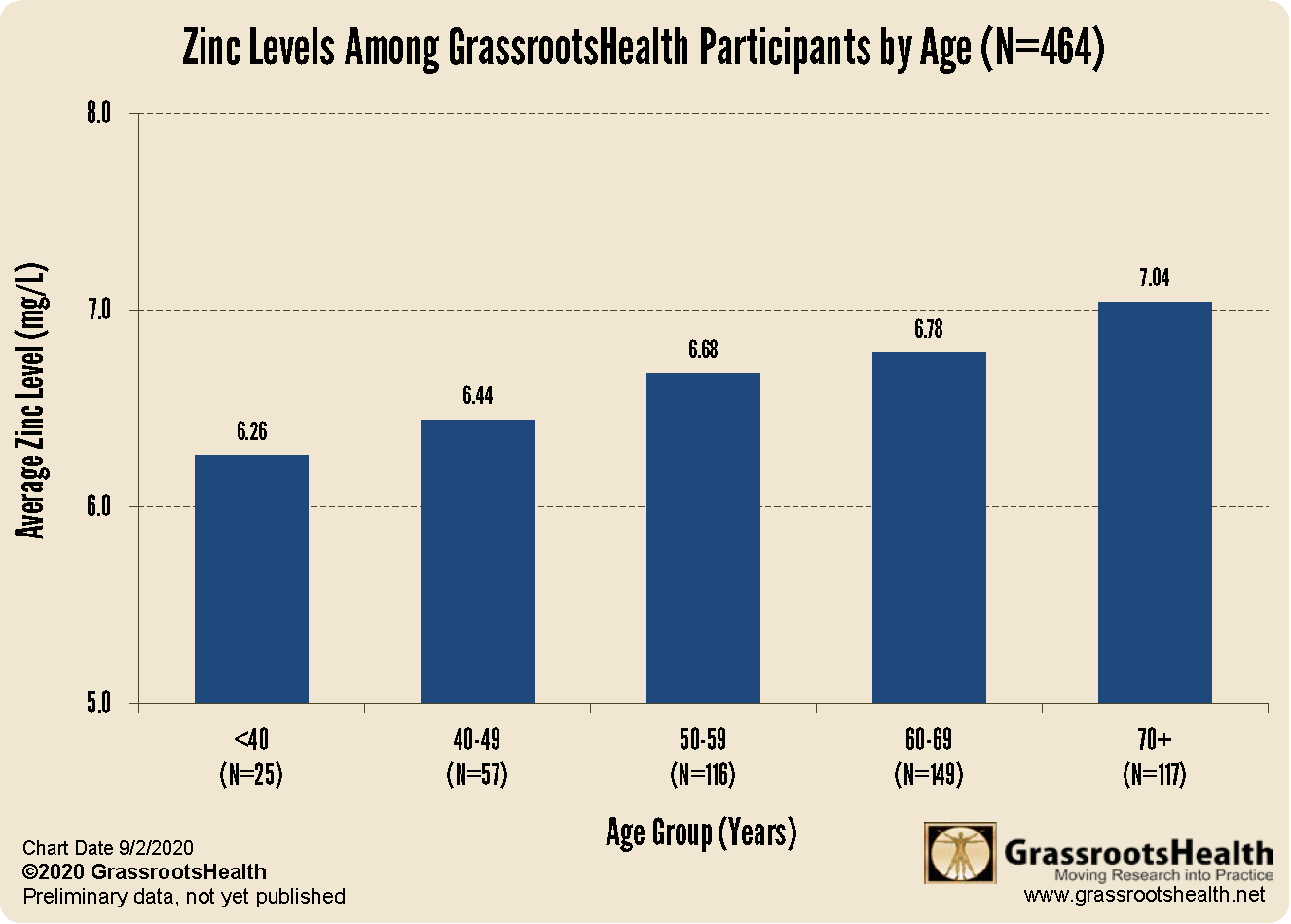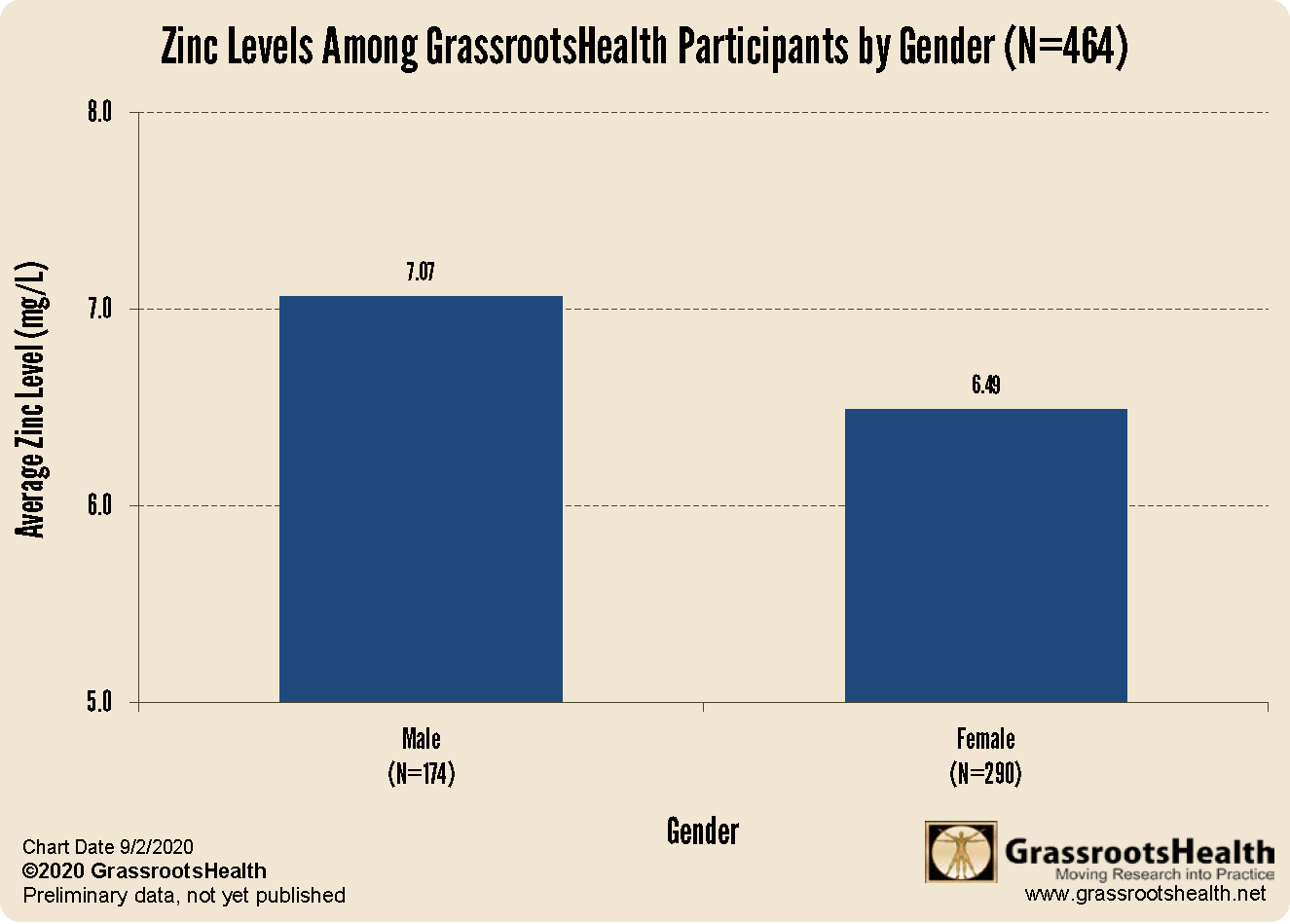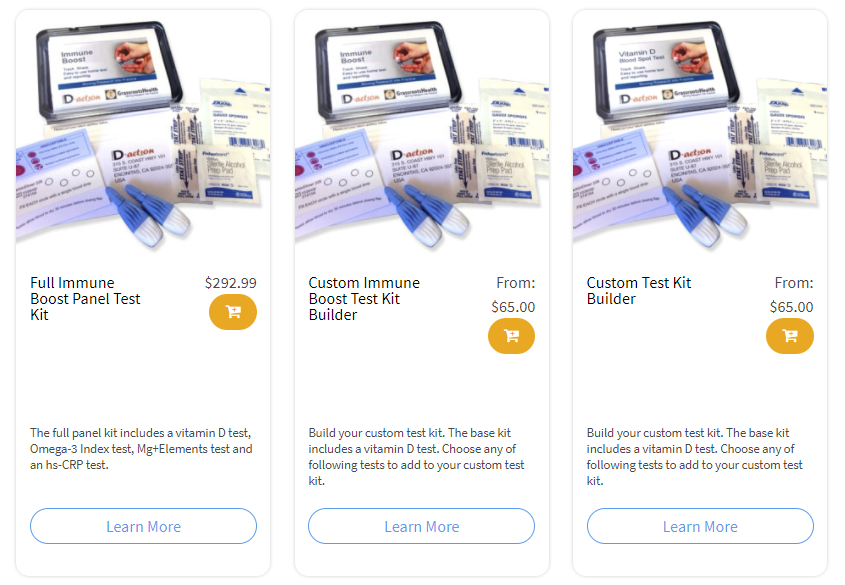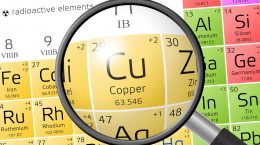Published on September 10, 2020
Zinc is a key cofactor for approximately 3,000 proteins and enzymes in the body. It is necessary for growth and development, immune function, bone metabolism, and central nervous system function.
 Zinc is particularly important for DNA synthesis and thus for the growth and development of immune cells and the production of antibodies. Zinc is also a component of a critical antioxidant enzyme that protects phagocytes from reactive oxygen species generated to kill pathogens. Zinc deficiency results in lower numbers of T cells and B cells and is associated with an increased susceptibility to bacterial and viral infections, especially in the elderly and children in developing countries.
Zinc is particularly important for DNA synthesis and thus for the growth and development of immune cells and the production of antibodies. Zinc is also a component of a critical antioxidant enzyme that protects phagocytes from reactive oxygen species generated to kill pathogens. Zinc deficiency results in lower numbers of T cells and B cells and is associated with an increased susceptibility to bacterial and viral infections, especially in the elderly and children in developing countries.
Zinc is a mineral present naturally in a wide variety of foods, including red meat, poultry, beans, nuts, whole grains, dairy products, and fortified cereal. Zinc is also available as a dietary supplement. More information about zinc and why it is important can be found in this previous post.
In another previous post we looked at the zinc levels among GrassrootsHealth participants. In today’s post we will look at zinc levels broken down by age and gender.
Zinc Levels by Age Among GrassrootsHealth Participants
The chart below shows the average zinc levels by age group, which shows an upward trend for zinc levels with increasing age.
Zinc Levels by Gender Among GrassrootsHealth Participants
The chart below shows the average zinc levels by gender, which shows that male participants have a higher average level than female participants.
The laboratory reference range, which indicates the range of typical results found in the population served by the lab, is 5.04 to 8.46 mg/L. While zinc is essential to the body, the optimal range for health is not known. Excess zinc can cause nausea, vomiting, abdominal cramps, loss of appetite, diarrhea, and headaches, so it’s important to identify this optimal range. Your ongoing participation in this project will contribute greatly to knowing what levels are optimal for health. Test your zinc levels today as part of the Elements Panel, which includes testing your vitamin D level along with essential elements magnesium, selenium, zinc, copper, and copper:zinc ratio, and toxic heavy metals cadmium, lead, and mercury.
Nutrients Work Together for Immune and Overall Health!
Could getting more of certain immune boosting nutrients help to decrease your levels of inflammation, and improve your immune response? Find out by testing your vitamin D, omega-3s, magnesium and other essential elements (including copper and zinc), as well as your inflammation levels, with the new Immune Boost home test kit offered by GrassrootsHealth. Measuring levels is the only way to know if you are supporting your immune system and whether additional changes should be made, with supplementation, dietary changes, or both.
Enroll now with the Full Immune Boost Panel (which includes tests for vitamin D, Omega-3 Index, magnesium, zinc, selenium, copper, and hsCRP), and get 10% off when you use coupon code BoostTen at checkout.
Are You Getting Enough Vitamin D to Help Yourself?
We’re in a time of great crisis that could be greatly affected by making sure you and everyone you know has a serum level of at least 40 ng/ml. Help us help you.
Do you know what your vitamin D level is? Be sure to test today to find out, and take steps to keep it within a target of 40-60 ng/ml or 100-150 nmol/L! Give your immune system the nutrients it needs to support a healthy you and protect yourself from unnecessary diseases, especially COVID-19.
GrassrootsHealth Nutrient Research Institute has launched the new Immune Boost project with the use of our myData-myAnswers nutrient health system that over 15,000 people are already using for their health. Specific markers that influence immune health are suggested for testing as part of this project including:
- Vitamin D
- Omega-3 Index
- Essential elements magnesium, selenium, and zinc
- hsCRP
We hope to demonstrate how one can use the Nutrient Research Model established by Dr. Robert Heaney to establish the effect of vitamin D serum levels of at least 40 ng/ml (100 nmol/L) on risk reduction with different ethnicities in the population. Status and intake of other nutrients will also be analyzed for any type of relationship to immune status and symptom severity. Please let us know if you’re interested in helping sponsor this project.
CLICK HERE for updates and new information about the project.
Through GrassrootsHealth Nutrient Research Institute, you can also test your essential elements magnesium, copper, zinc and selenium, toxins such as lead, mercury and cadmium, as well as your omega-3 levels, inflammation levels and thyroid stimulating hormone (TSH) level. Find out your levels today! Log on to the test selection page (click the link below) to get your tests and see for yourself if your levels can be improved.
Make sure you track your results before and after, about every 6 months!
Click Here to Access the Test Page
How can I track my nutrient intake and levels over time?
To help you track your supplement use and nutrient levels, GrassrootsHealth has created the Personal Health Nutrient Decision System called
For each specific supplement, you can track what days you take it, how much, and many other details. This will help you know your true supplemental intake and what patterns of use work for you to reach and maintain optimum nutrient levels. Check it out today!










